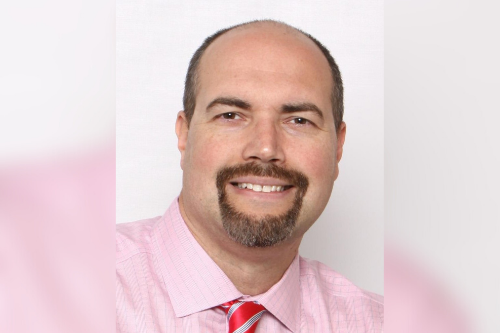Could inflation fears spark a rate hike sooner than expected?

As Canada’s vaccine rollout gathers momentum and speculation continues to mount at the possibility of the country reopening in the coming months, more than a few eyes will be trained on the Bank of Canada ahead of its next announcement on the overnight rate, this June 09.
While the Bank’s last statement in April saw its target for the overnight rate held steady at the lower bound of 0.25%, it also indicated that interest rates could be on the rise sooner than originally anticipated. That announcement forecast that the Bank’s inflation target would be sustainable by the second half of 2022 instead of its prior projection of 2023.
The prospect of back-to-back revisions of that timescale might seem unlikely, particularly with the economy still in a somewhat precarious position and the COVID-19 pandemic by no means over.
However, one analyst believes that the coming months could see the Bank move quickly if inflation fears escalate as the country begins to reopen – a development that could result in more rapid movement on the overnight rate.
Read next: Could rates rise sooner than first thought?
“Once we get past lockdown and people start spending money again, that’s going to put a further strain on supply for all kinds of goods and commodities,” said Rob McLister (pictured) of RATESDOTCA.
“You’re certainly going to see continued inflation pressure throughout 2021, and the more that the Bank of Canada believes it may be behind the curve on inflation, the more messaging we’ll get that a rate hike is coming.”
McLister said that that rate hike could arrive sooner rather than later – conceivably as early as the first half of next year – if inflation expectations continued on an anticipated trajectory of long-term, multi-year highs.
“Inflation is very fluid right now, and the biggest risk the Bank of Canada has is letting inflation expectations – which are far more important than actual inflation itself – get unanchored,” he said.
“That’s the last thing the Bank of Canada wants for more than a very short term. We need to see those inflation expectations come down, and if we don’t there’s a very good chance that we could potentially see a rate hike as soon as the first half of 2022.”
That possibility, coupled with the Office of the Superintendent of Financial Institutions (OSFI) hike to the mortgage qualifying rate that came into effect on June 01, could have profound implications for the Canadian housing market.
McLister said that with the bond market currently pricing a terminal rate from the Bank of Canada around 200 basis points higher than its current position, rate increases to reflect that level could have a significant impact in freezing Canadians out of the market.
“If policymakers bake even half of that potential rate hike, or series of rate hikes, into the minimum qualifying rate, that’s 100 basis points,” he said. “So, you would go from 5.25% [as the minimum qualifying rate] to 6.25%.
Read next: What will happen when Canada reopens?
“What that would do is slash buying power over 12%, other things equal, which would definitely have a slowing effect on the market.”
On further federal government intervention in the housing market, McLister said that it remained a real possibility if prices continue to climb – particularly given prior measures enacted by successive administrations against first-time homebuyers.
Those include amortization reductions in 2011 and 2012, an increase to the minimum down payment for a home in 2016, and the introduction of an uninsured stress test alongside stricter rules for their insured counterparts.
“The government is notorious for moving the goalposts on first-time buyers,” he said. “[They’ve] been taking it on the chin here for a decade. So, you can’t expect buying a home to get easier.
“Things have gotten so out of whack – an almost 42% increase in the national average home price in just 12 months. That’s never happened before on record. Price risk is certainly rising.”



